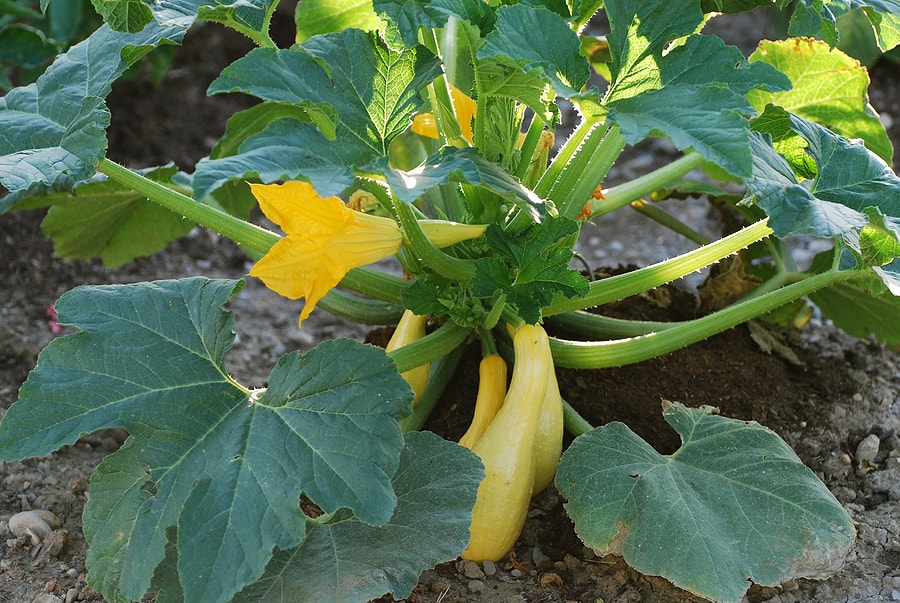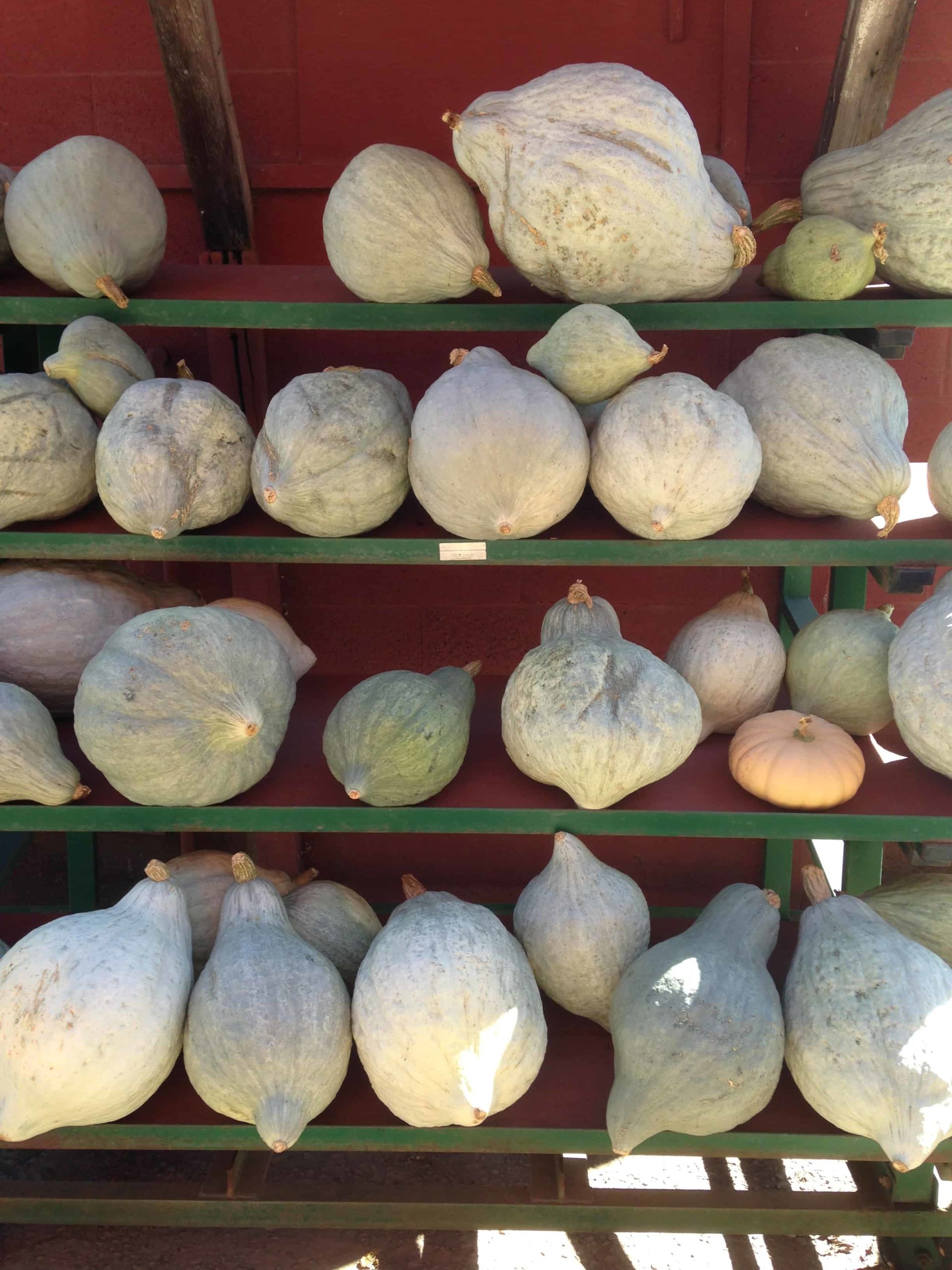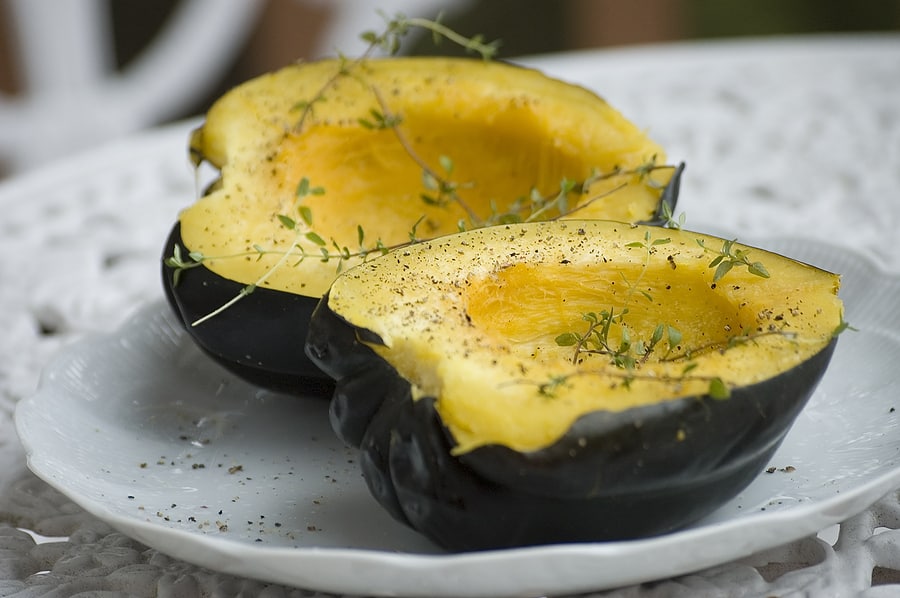Winter Squash
Latest stories
More stories
-
How to Harvest, Cure, and Store Winter Squash
Harvest winter squashes when they are mature. Winter squash is mature when its rind cannot be scratched with a thumbnail. Winter squashes include Acorn, Butternut, Hubbard, Banana, Buttercup, Spaghetti, and pumpkins. Winter squash refers to squash planted in spring, grown in summer, harvested in fall, and stored for winter use. Winter squashes require more days […] More
-
Seven Ways to Cook and Serve Winter Squash
Winter squashes are the most plentiful from early autumn until late winter. Unlike the summer squashes, the winter squashes must be cooked before they are eaten. Add winter squash to soups, stews, couscous, and curries. Use winter squash to make pies, cakes, muffins, cookies, pudding, soufflés, and cream desserts. Choose a winter squash—such as the […] More




